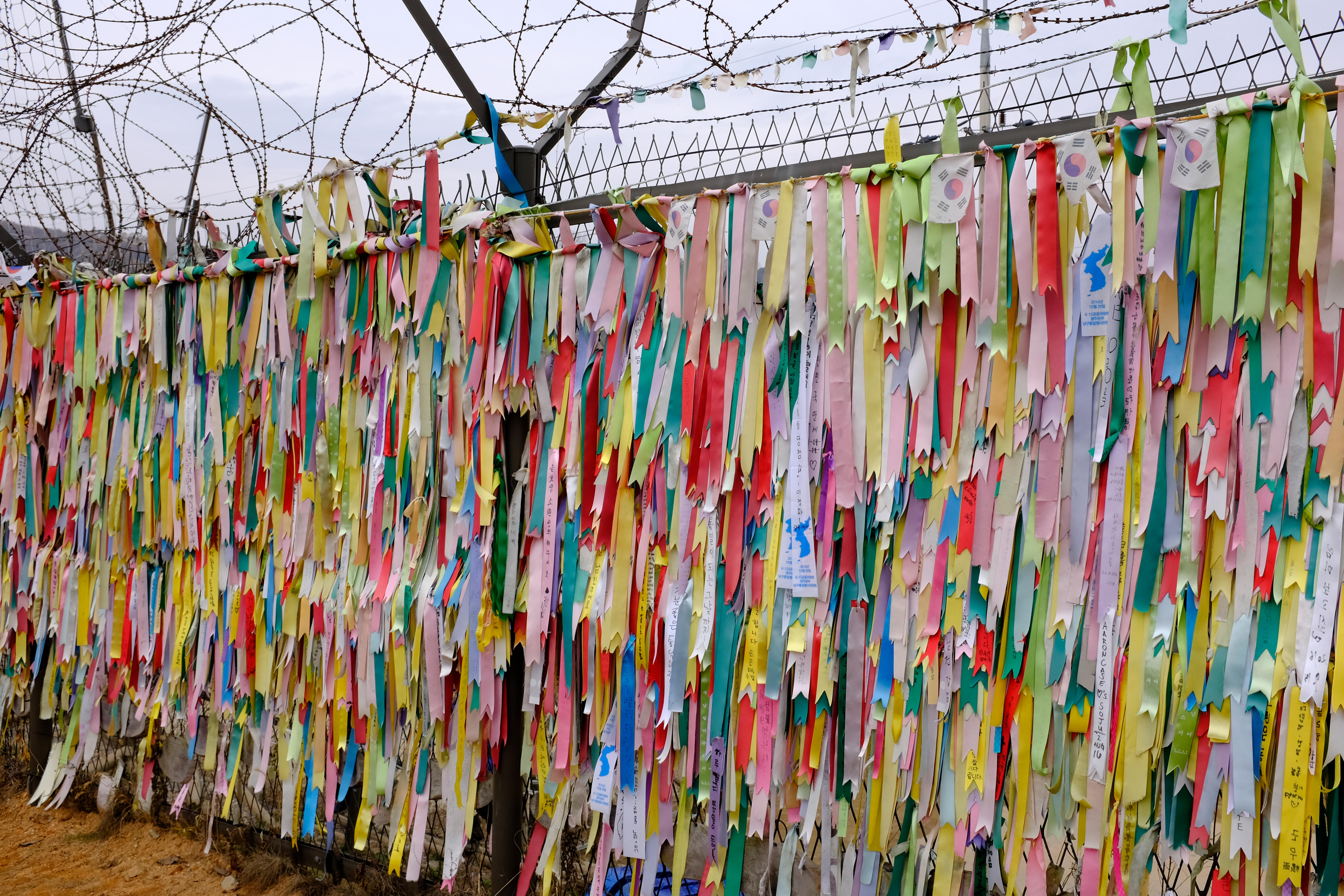Social positioning in humanitarian diplomacy: INGOs in North Korea
DOI:
https://doi.org/10.21153/thl2023art1787Keywords:
korea, north korea, multiple correspondence analysis, humanitarian diplomacy, INGOsAbstract
This article shows how the theoretical approach of ‘the practice turn’ can be useful when studying humanitarian diplomacy in international relations. The research argues that the social position of organisations influences the implementation of their humanitarian diplomacy. The article uses, as a central example, the case of international non governmental organisations (INGOs) providing humanitarian aid to North Korea. To paint a picture of the field of humanitarian aid in North Korea, this research uses multiple correspondence analysis (MCA) to analyse around 2,000 pieces of qualitative information. The research shows that the field is made up of three groups of INGOs. We will present their social characteristics and their impact on the humanitarian aid sector in North Korea.
Downloads
References
Anonyme. (2021a, 2022). Entretien de recherche #1 [Communication personnelle].
Anonyme. (2021b, 2022). Entretien de recherche #2 [Communication personnelle].
Flake, L. G., & Snyder, S. (Éds.). (2003). Paved with Good Intentions : The NGO Experience in North Korea. Praeger.
Grace, R. (2020). The Humanitarian as Negotiator : Developing Capacity Across the Aid Sector. Negotiation Journal, 36(1), 13‑41. https://doi.org/10.1111/nejo.12307
History | Eugene Bell Foundation. (s. d.). Consulté 26 avril 2020, à l’adresse http://www.eugene-bell.org/our-story/history/
Kim, Y. (2019). Rationalist explanations for NGOs. Dans Davies, Thomas (Éd.), Routledge Handbook of NGOs and International Relations. Routledge Handbooks Online. https://doi.org/10.4324/9781315268927
Kratochwil, F. (2011). Making sense of “international practices”. Dans E. Adler & V. Pouliot (Éds.), International Practices (p.36‑60). Cambridge University Press. https://doi.org/10.1017/CBO9780511862373.004
Minear, L., & Smith, H. (Éds.). (2007). Humanitarian diplomacy : Practitioners and their craft. United Nations University Press.
Navarro-Flores, O. (2006). Les relations de partenariat Nord-Sud : Du paradoxe au compromis : une approche institutionnaliste des relations entre ONG dans le secteur de la coopération internationale [Université du Québec à Montréal]. http://accesbib.uqam.ca/cgi-bin/bduqam/transit.pl?&noMan=24945763
Pouliot, V. (2008). The Logic of Practicality : A Theory of Practice of Security Communities. International Organization, 62(2), 257‑288. https://doi.org/10.1017/S0020818308080090
Pouliot, V. (2015). The practice of permanent representation to international organizations. Dans I. B. Neumann, O. J. Sending, & V. Pouliot (Éds.), Diplomacy and the Making of World Politics (p. 80‑108). Cambridge University Press; Cambridge Core.https://doi.org/10.1017/CBO9781316162903.004
Pouliot, V. (2017). La logique du praticable : Une théorie de la pratique des communautés de sécurité. Études internationales, 48(2), 153‑190. https://doi-org.proxy.bibliotheques.uqam.ca/10.7202/1043262ar
Reed, E. P. (2005). The role of international aid organizations in the development of North Korea : Experience and prospects. Asian Perspective, 29(3), 51‑72. JSTOR.
Snyder, S. (2007). American Religious NGOs in North Korea : A Paradoxical Relationship. Ethics & International Affairs, 21(4), 423‑430. https://doi.org/10.1111/j.1747-7093.2007.00116.x
Turunen, S. (2020). Humanitarian Diplomatic Practices. The Hague Journal of Diplomacy, 15(4), 459‑487. https://doi.org/10.1163/1871191X-BJA10008
Yeo, A. I. (2017). Evaluating the Scope of People-to-People Engagement in North Korea, 1995-2012. Asian Perspective, 41(2), 309‑339.
Zadeh-Cummings, N. A. (2019). Humanitarians in the Hermit Kingdom : NGOs, Aid, and Access in the DPRK. City University of Hong Kong.
Zadeh-Cummings, N. A. (2022). ‘Through the looking glass: Coloniality and mirroring in localisation.’ The Humanitarian Leader, The Centre for Humanitarian Leadership







